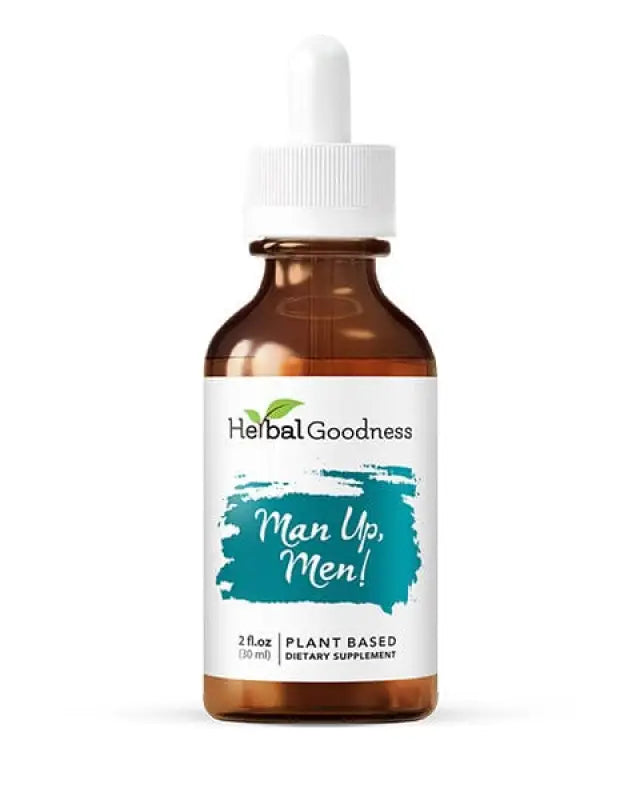Taking Supplements? Be Sure of the Quality You Pay For | Herbal Goodness
The truth about the supplement industry and what you need to know about it.
Supplements are a common occurrence in western society. In the USA, yourself or someone you know probably take at least one supplement regularly. It’s estimated that half of all Americans take a supplement of some kind every single day. It’s a multibillion-dollar industry in this country, and with that much money, there can be a lot of problems with dishonesty and false claims.
People take vitamins and supplements for a variety of reasons. It could be to help boost daily immunity through multivitamins, for dietary reasons for vegans, to build muscle quickly and lose fat for bodybuilders. There are rows upon rows of different supplements at any given store for any kind of health benefit you need help with. The problem is when consumers take the advertisements and marketing of these products at face value when people don’t research the supplements they’re taking and what actually goes into them.
You may be surprised at how many fraudulent companies don’t even have a trace of the vitamin or mineral that they’re advertising for within their supplement. These supplements are effectively placebo pills at best, or at the worst, they can do much more damage to your body with other types of ingredients that you didn’t know were in the product.
Related: Thanksgiving 2020: Organic Recipes You Need to Try
Making sure you’re getting the quality product that you’re paying for, that is important to us. Follow these tips on how to do your own research for the supplements you’re taking on a daily basis.
Firstly, understand why you have to do your own research
What most people don’t realize is that, although prescription drugs are heavily regulated, supplements are not to the same standard yet. Not every supplement is reviewed and regulated before it hits the market. In addition, supplements don’t necessarily have to do clinical trials for their products to assure that they’re safe for public use.
This is what you have to keep in mind when choosing what you’re putting into your body.
Get your supplements tested
If you’re truly concerned about what is legitimately in the supplements you’re taking, get them tested at a lab. There are plenty of options that come up on the internet where you can send in supplements and find out exactly what is in them and how much of each vitamin/mineral is in them.
If you’d rather talk to the company or manufacturer of your supplements directly, don’t be afraid to call them up and ask for more information. They should be able to supply you with a list of ingredients for each product, and even scientific research behind the key vitamins or nutrients behind their products. If they can’t do that, you know to stay away.
Look into the scientific research
Once you know exactly what is in your supplements, look into the actual scientific research behind the vitamin or mineral that is being marketed. Sure, fish oil or B2 vitamins are all the rage right now, but read up on the literature yourself as well to make sure it’s the right supplement for you. Is there significant evidence that these types of vitamins will help with what you want?
You can search for studies in the National Institutes of Health (NIH) PubMed database.
Check labels
Know what percentage of the key ingredient to look for in any given supplement. Yes, some companies are fraudulent with how much of certain ingredients are actually in their products, but it’s still a good idea to check the percentages on the back label. Each extract should have a standardized amount that is recommended by the medical community - know what that amount is and stick to it.
Also make sure that you’re paying attention to what part of the plant you’re buying. Is it the fruit, the root, the flower, the leaf? Different parts of medicinal plants do different things for the body, make sure you’re aware that you’re ingesting the correct part that you want.
Lastly, check to see if your supplements have certifications from Consumer Lab, NSF International, or U.S. Pharmacopeia. These verifications assure that what ingredients companies say are in their extracts or supplements are actually in them.
Let’s talk about absorption
Another item to think about when you’re looking at supplements is if they actually work. Will the vitamins and minerals that are in these supplements actually be absorbed in the body properly? This can be a major problem with a lot of supplements.
There are a variety of steps these supplements will have to go through in your body before the nutrients from them are readily available for your body to use. To increase your chances of finding absorbable supplements, research bioavailability - the degree to which a nutrient is available to the body for use.
Too good to be true? It probably is.
Supplements are not meant to treat, cure, or mitigate diseases. If a company is claiming that their supplement cures anything, I would question the honesty of their product since they’re claiming something they’re really not legally allowed to claim at all.
Read More: The 5 Best Supplements for Men
What you can expect with Herbal Papaya products
With the number of supplements floating around these days, you can rest assured that at Herbal Papaya we take our commitment to quality seriously. Our supplements are kosher, non-GMO, vegan, fair trade, and certified organic products that are carefully prepared to preserve the highest amount of naturally occurring papaya benefits. We don’t add artificial dyes or flavors to our products, because we want them to be as natural as possible.
Most importantly, our products are made at NSF certified facilities that guarantee you can trust what is actually in our supplements.
What are your thoughts on supplements? Do you take a daily supplement?
Read more: Collagen Supplements for Lovely Skin | Herbal Goodness













